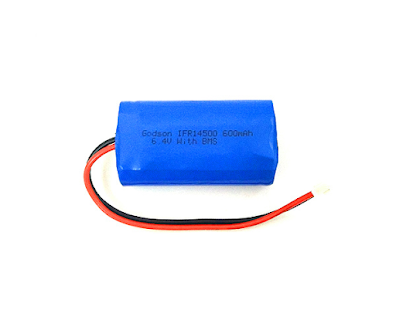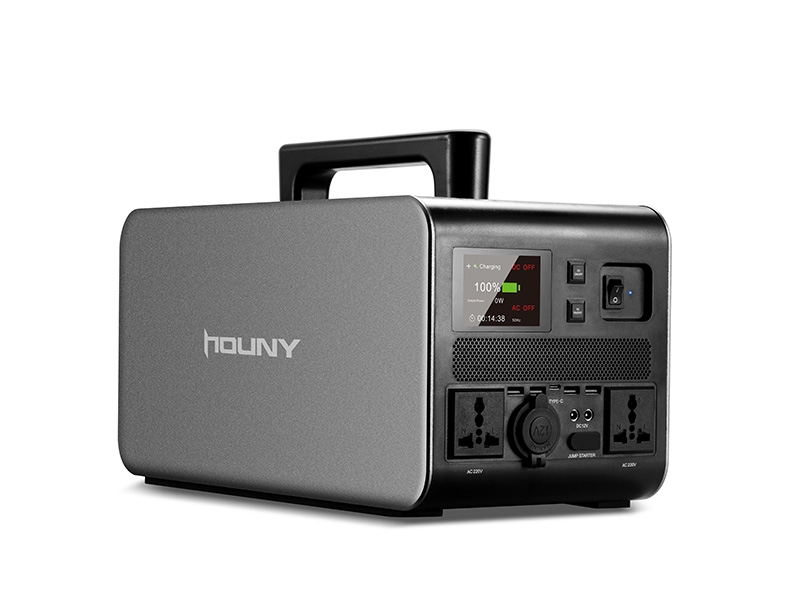LiFePO4 batteries are increasingly becoming popular in a variety of applications, from electric vehicles to solar power systems. They offer several benefits over traditional lead-acid batteries, such as higher energy density, longer lifespan, and faster charging times. However, not all LiFePO4 batteries are created equal, and it's important to choose a reliable manufacturer to ensure the highest quality and safety standards.
When searching for a LiFePO4 battery manufacturer, there are several factors to consider. Firstly, the manufacturer should have a proven track record of producing high-quality batteries that meet industry standards. Look for companies that have been in the business for several years and have a good reputation among their customers.
Another important factor is the level of support offered by the manufacturer. This includes technical support, warranty, and after-sales service. A reputable manufacturer should offer comprehensive technical support to help customers choose the right battery for their specific needs and to provide assistance in case of any issues or questions. They should also offer a warranty that covers manufacturing defects and provide prompt after-sales service to resolve any problems.
Choosing a reliable LiFePO4 battery manufacturer has several advantages over buying a generic battery from a less reputable source. Here are some of the benefits of choosing a LiFePO4 battery from a reliable manufacturer:
High Quality: A reliable manufacturer will use high-quality materials and strict quality control measures to produce LiFePO4 batteries that meet or exceed industry standards. This ensures that the battery will perform reliably and safely over its entire lifespan.
Longer Lifespan: LiFePO4 batteries from reputable manufacturers typically have a longer lifespan than generic batteries. This is because they use high-quality materials and manufacturing processes that minimize degradation over time.
Better Performance: LiFePO4 batteries from reliable manufacturers often have better performance characteristics than generic batteries. This includes higher energy density, faster charging times, and greater power output.
Safety: LiFePO4 batteries are generally safer than traditional lead-acid batteries due to their chemical properties. However, it's still important to choose a reliable manufacturer that has implemented safety measures to prevent overcharging, overheating, and other potential hazards.
Support: A reliable LiFePO4 battery manufacturer will offer comprehensive technical support, warranty, and after-sales service to ensure customer satisfaction. This includes assistance in choosing the right battery for specific applications, troubleshooting, and resolving any issues or questions that may arise.
In conclusion, LiFePO4 batteries offer several advantages over traditional lead-acid batteries, and choosing a reliable manufacturer is crucial to ensure the highest quality and safety standards. When searching for a LiFePO4 battery manufacturer, consider factors such as their track record, level of support, and reputation among customers. By choosing a reliable manufacturer, you can enjoy the benefits of a high-quality LiFePO4 battery that offers longer lifespan, better performance, and greater safety.



